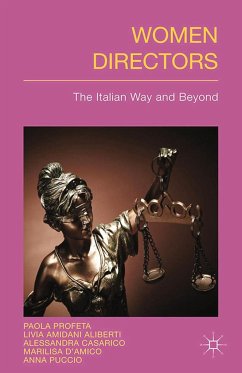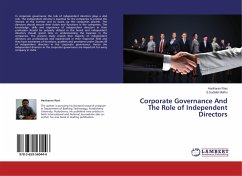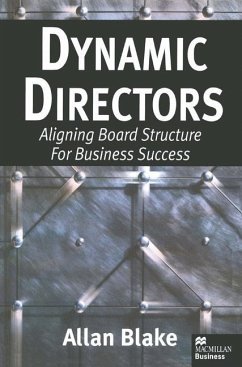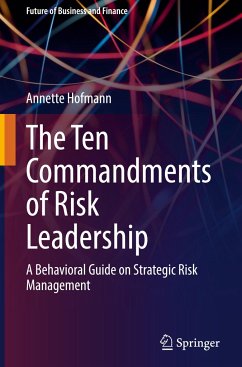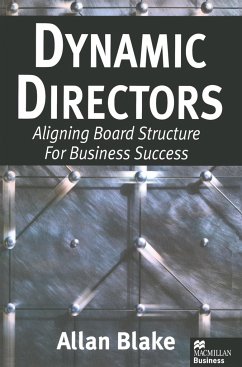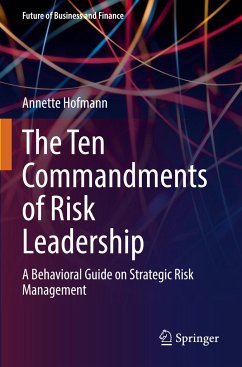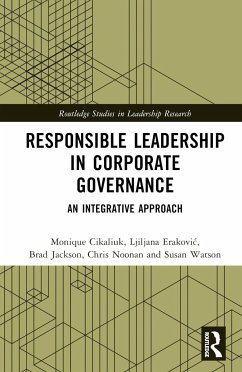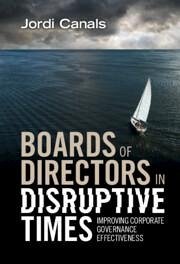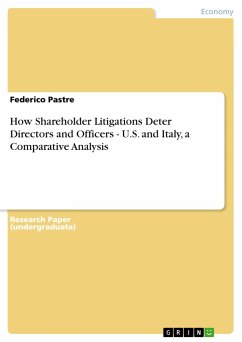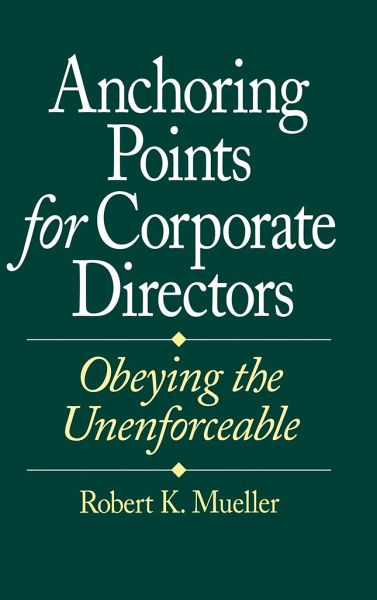
Anchoring Points for Corporate Directors
Obeying the Unenforceable
Versandkostenfrei!
Versandfertig in 1-2 Wochen
70,99 €
inkl. MwSt.

PAYBACK Punkte
35 °P sammeln!
One remarkable organizational form that has served Western society well is the enterprise governed by an independent board of trustees or directors. Unless actions are taken to improve the conduct of publicly-held corporations, this form may become an endangered species. There are many important understandings and ideas that exist in the covenantal relationships between directors including exploratory problem-solving techniques based on the different starting points or anchors of each director. The anchoring points regarding the unwritten elements of conduct and effectiveness of a member of th...
One remarkable organizational form that has served Western society well is the enterprise governed by an independent board of trustees or directors. Unless actions are taken to improve the conduct of publicly-held corporations, this form may become an endangered species. There are many important understandings and ideas that exist in the covenantal relationships between directors including exploratory problem-solving techniques based on the different starting points or anchors of each director. The anchoring points regarding the unwritten elements of conduct and effectiveness of a member of the board of directors are illustrated through personal experience. An important issue is the chairman and/or chief executive officer who does not take advantage of the board of directors as the most important asset. This type of person is a leader who does not understand the potential of the partnership between the board of directors and the chief executive. Performance and behavior of directors are guided by various laws, statutes, regulations, values, attitudes, benefits, customs, myths and norms which are the subject of most writings about board directorships. Considering all U.S. corporations, it is estimated that there are 400,000 to 500,000 directors. The status quo organization is not confined to the large, publicly held corporation. A parallel economy, the family or closely held business universe, possibly exceeds the publicly held universe in size. Anchoring points are offered herein to directors and those wanting their first board seat. These anchors concern the idea of service without dominance in the boardroom, and the anchors are about obeying the unenforceable in the area of corporate governance for the present time.





